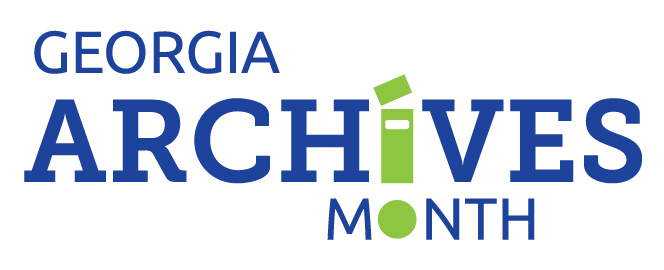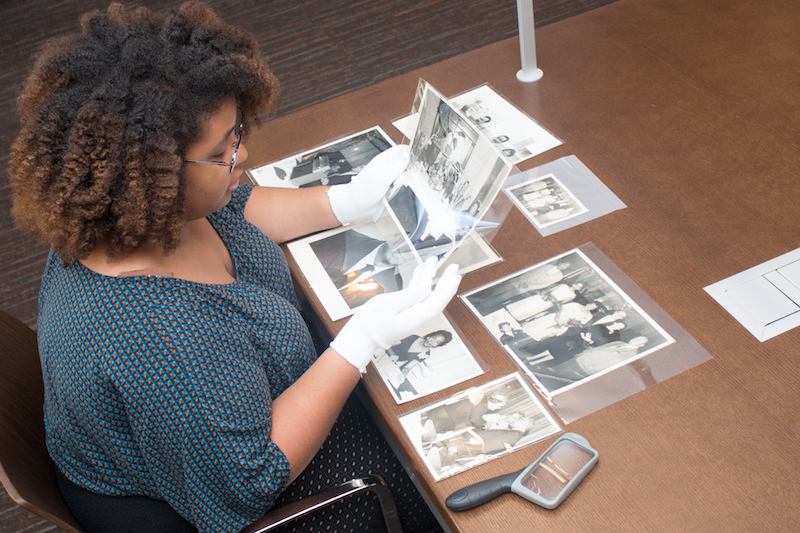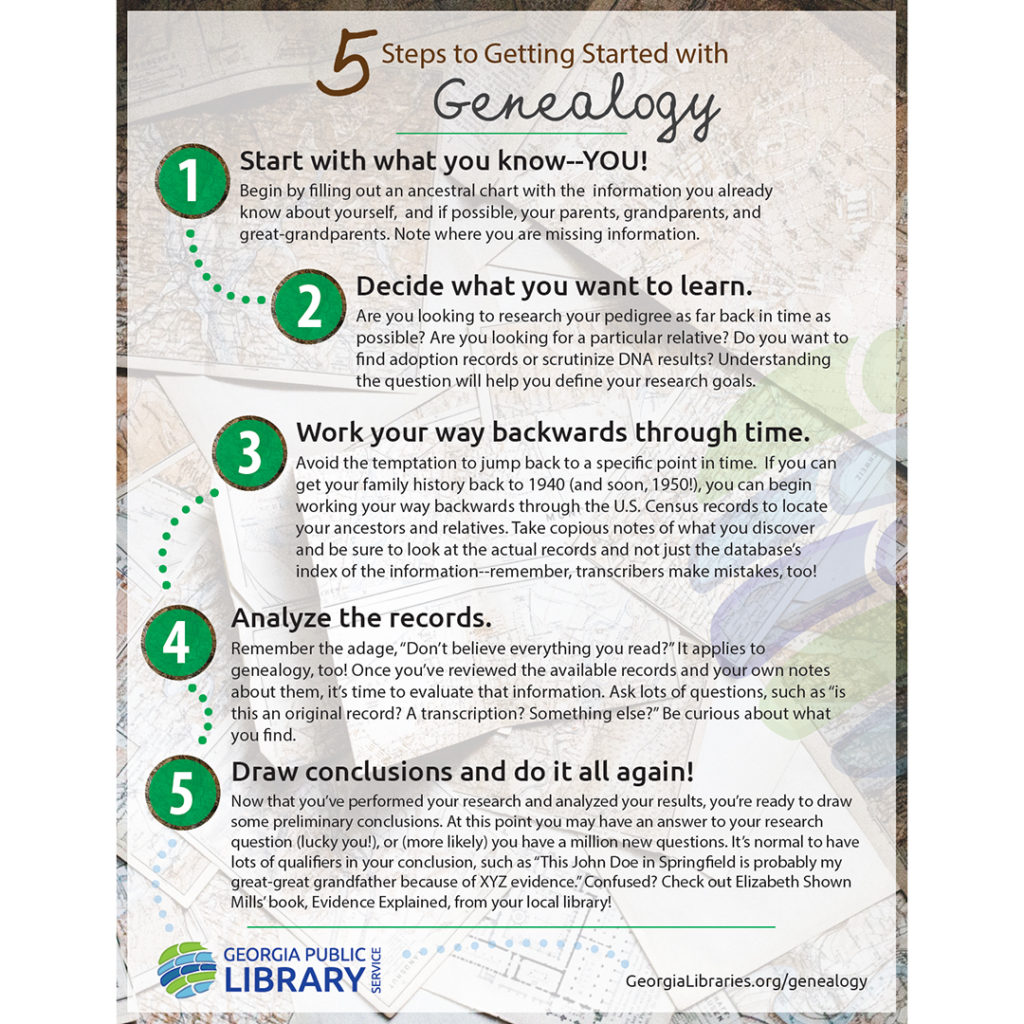
“Archivists bring the past to the present. They’re records collectors and protectors, keepers of memory. They organize unique, historical materials, making them available for current and future research.”
-Lisa Lewis, associate archivist for the Catholic Diocese of Baton Rouge, Louisiana
So why is it important to preserve a diverse array of records that chronicle the past from different points of view? In short, finding significance in the past lives of ordinary folks and value in events of seemingly less importance moves us toward a more complete historical record. It does so by including all people and places within the historical narrative. Everyone deserves to have their story told and remembered. After all, we’re all living through future historical moments and our perspectives matter. Reading first-hand accounts by ordinary folks who lived through or participated in extraordinary events like the Civil War, the Holocaust, the Civil Rights Movement and other major events broadens our understanding of the themes and trends that drive history. Think about what our community is presently going through; an unprecedented weather event that has us all living in survival mode, just trying to get by, in shock at the devastation our city has suffered. How will this event be remembered twenty, fifty, or one hundred years from now?
In 2006, the Society of American Archivists (SAA) designated October, American Archives Month, calling on national, state, and local archives all across the country to educate the public about the purpose of archives and the important role archivists play in preserving history. According to SAA, archives and special collections are “records of enduring value that may include letters, photographs, sound recordings, books, maps, newspapers, diaries, manuscripts, and now, with the advent of the digital age, digital records.” And archivists are “professionals who are experts at managing archives and special collections and focus on collections found in universities, businesses, governments, historical societies, and public libraries.
Most of us have heard of large governmental and institutional archives like the National Archives and Records Administration (NARA) and the Library of Congress (LOC) both in Washington DC, but libraries all over Georgia also maintain smaller, unique historical collections that reveal never-told stories about our past. But at an even more local level, all of us are can be considered archivists in some way. Whether you have photo albums full of family photographs, letters written between your grandmother and grandfather during WWII, a chest of great grandmother’s vintage clothes in the attic, or a file cabinet in the study holding valuable family documents, you can choose to be the family archivist and historian. I invite you to honor Georgia Archives Month by finding some time in your busy schedules to gather and consider organizing your family papers, photographs, and other heirlooms. And to think about the best ways to preserve these items for future generations, so your family stories aren’t lost to time. Luckily, there are many online resources available to make this job easier for you!
In addition to preserving family papers and heirlooms, another great way to tell your family story is by researching your family tree. Archivists who work in public libraries are well trained as family historians and work diligently to teach the public the importance of preserving their family history. We have countless resources to assist you on your family history quest. Georgia Public Library Service (GPLS) offers free resources like the hand-out below. Please click on the link below for additional resources.
Our job as archivists is not only to acquire and arrange historical collections but to also preserve these records to ensure their longevity. This is true for you as well, if you have family records, photographs, and papers that need preserving for future generations. In the months ahead, the Georgia Room will offer a special program geared towards preserving family records. All the tips and tricks known by professional archivists will be shared with you. Stay tuned for the date and time!


